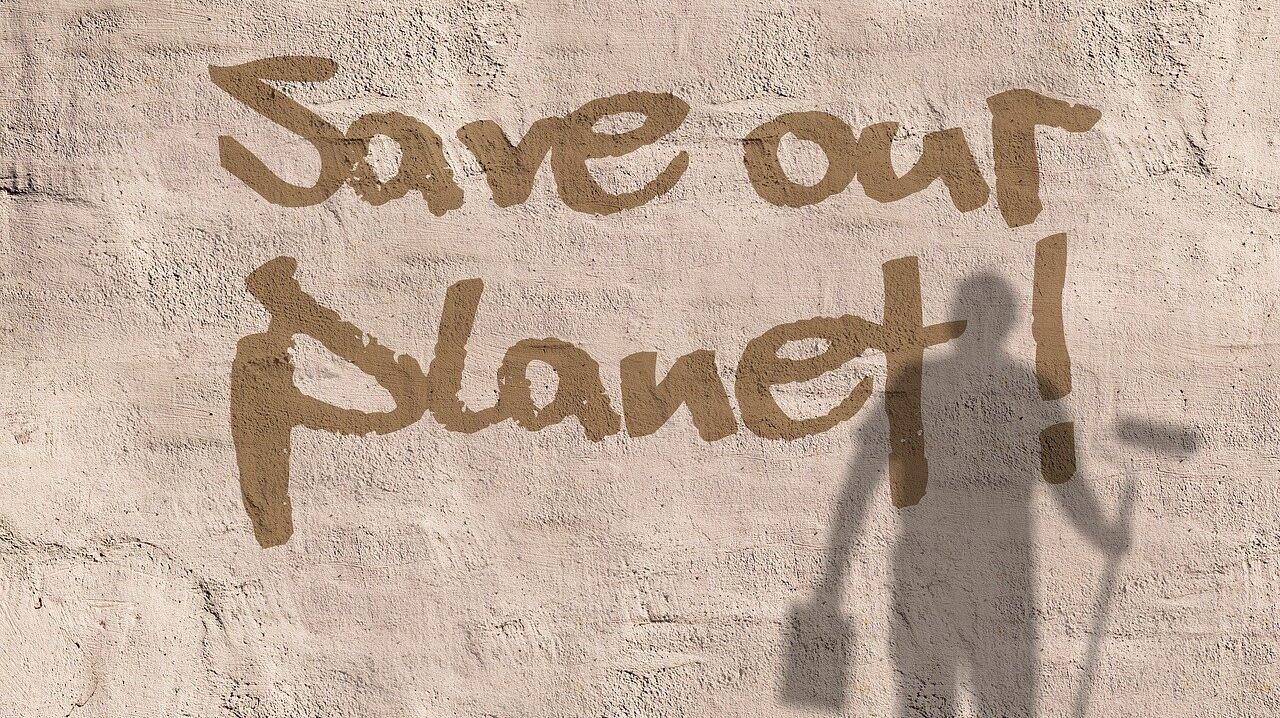 Policy & Regulation
Policy & Regulation35 million time bomb: what’s up with the EU Renovation Wave?
Summary
The EU's Renovation Wave aims to renovate 35 million buildings between now and 2030. That means about 3.5 million buildings annually. Adrian Joyce says there is an annual green investment gap of up to €275 billion. But Joyce says that amount is daunting but there is ample money available. We have to take a more industrialised approach to renovation, he says. And we must realise that we also have to decarbonise our heating systems. Our climate fight is building momentum. COP26 in November will be looking for all of us to increase our ambition to mitigate our GHG emissions. It would be absolutely terrible if we call defeat and expect some other sector to come up with the necessary emissions reductions. If not, we really are fooling ourselves, writes Joyce. CLICK HERE for all the latest European Green Deal 2015 news from eceee.com/Eco 2016. Back to MailOnline.com. For more information.
Open full article
35 million time bomb: what’s up with the EU Renovation Wave?
I feel like a broken record. Every time I’m with a group related to energy and climate, the discussion obviously gets to meeting our long-term objectives. That is quite understandable. But while we discuss where we want to go in general terms we are much more uncomfortable talking about how to get there.
For example, let’s look at the EU’s Renovation Wave. The objective is to renovate 35 million buildings between now and 2030 to a high standard. That means about 3.5 million buildings annually.
Now, how would you handle that scale of a challenge? Many start with ensuring there is enough financing and Adrian Joyce in a recent column for eceee mentions that there is an annual green investment gap of up to €275 billion (these are estimates from the Commission). That is undoubtedly a staggering amount. Joyce says that amount is daunting but says “there is ample money available to renovate our buildings and reduce their carbon footprint and improve human health.”
That is daunting but let’s look elsewhere.
I worry about the scale of renovations. The Commission says that 1% of the building stock is currently being renovated annually. But recent report (see my blog last July on this), using data published by the Commission in late 2019, show that only 0.2 to 0.3% of buildings are undergoing deep renovation each year. The goal to renovate 3% of building stock per year would mean that the current rate of renovation needs to be increased by 10 to 15 times. Remember we have to renovate 3.5 million buildings a year at the higher standard. Currently, the average renovation brings energy savings in the range of 9-17%. That is nowhere close to what we have to achieve.
Peter Sweatman from Climate Strategy & Partners called for a Marshall Plan to address the challenge. This is definitely moving in the right direction.
But I am really concerned.
BPIE shows major concerns in the Long-Term Renovation Strategies that member states are required to provide to the Commission under the Energy Performance of Buildings Directive. BPIE shows that those strategies not on track to deliver climate-neutrality by 2050, indicating need for full revision of EPBD.
So, where do we turn. We have to take a more industrialised approach to renovation, along the lines suggested several years ago by Yamina Saheb of OpenEXP.
And, while we must improve the energy performance of buildings we have to realise that we also have to decarbonise our heating systems.
The Commission is to come out with its proposals for a revised EPBD this autumn. Its revisions for the Energy Efficiency Directive and Renewable Energy Directive come out in June.
Between those three directives, the Renovation Wave the European Green Deal and many other initiatives, we have to really accelerate our efforts at a scale we have never undertaken before.
Our climate fight is building momentum. COP26 in November will be looking for all of us to increase our ambition to mitigate our GHG emissions. It would be absolutely terrible if we call defeat and expect some other sector to come up with the necessary emissions reductions.
Are we up for the fight? If not, we really are fooling ourselves.



